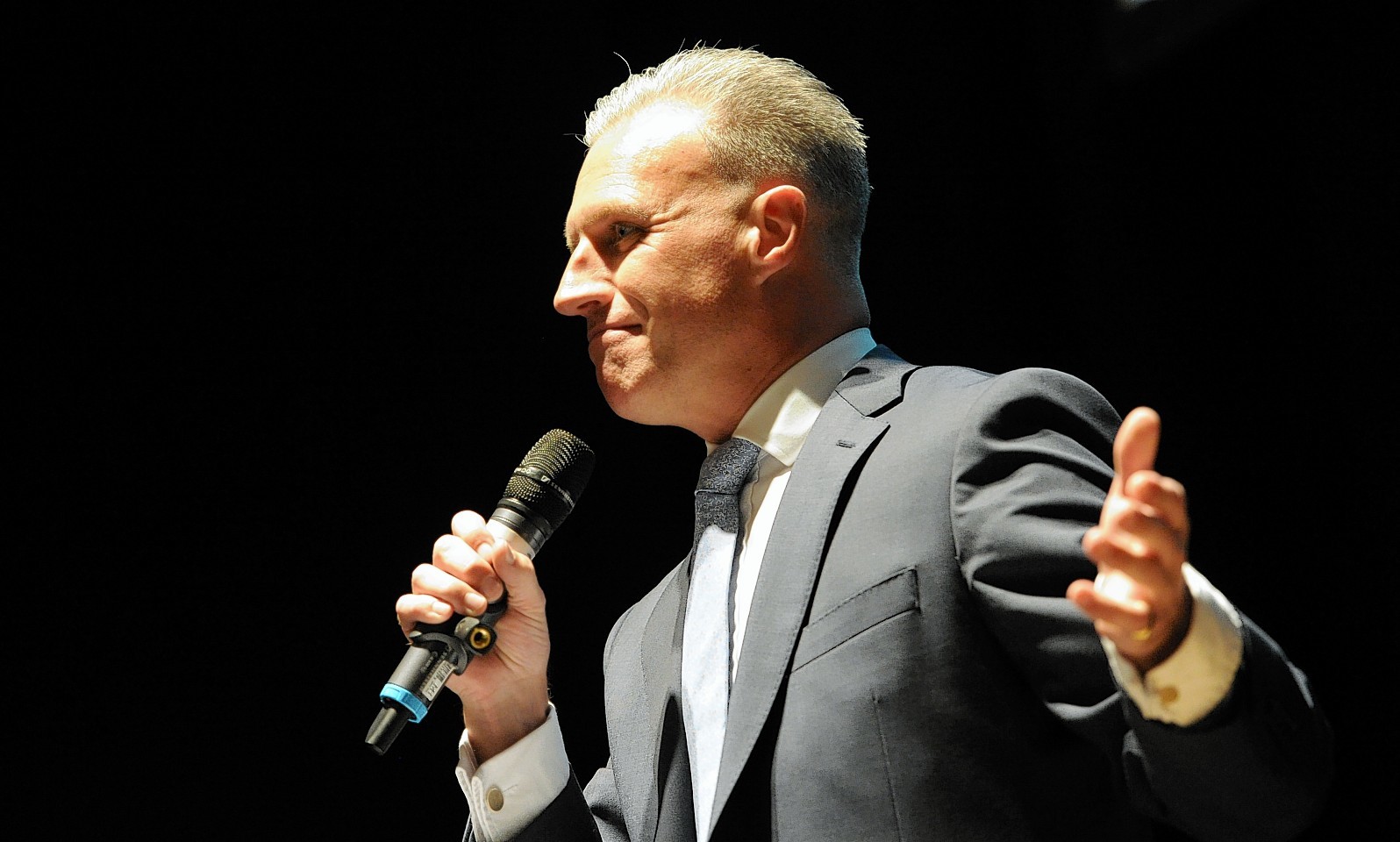North-east residents want more to be done to save the Doric dialect than the Gaelic language in the region.
An online poll by the Press and Journal showed that 44% of respondents want Aberdeenshire Council to do more to preserve the “mither tongue”.
As of last night, a total of 568 people had voted in the poll which asked if locals wanted Aberdeenshire Council to prioritise either Doric, Gaelic or neither.
Two hundred and fifty people voted in favour of the Doric, which works out at 44% of the overall vote.
A further 113 people voted for the local authority to prioritise the Gaelic language, which was 20% of the vote.
A third option that neither should be invested in and the council should focus its efforts elsewhere got 112 votes, 20% of the overall amount.
Another option to prioritise neither and invest in both Doric and Gaelic got 16% backing with 93 votes.
Last night advocates of Doric and Gaelic alike had their say on the results.
It comes just weeks after Aberdeenshire councillors locked horns on the issue when asked to get behind a Gaelic language plan for the area.
Bord na Gaidhlig had asked the council to foot a £305,488 bill on the proposals, which would have included installing bilingual road signs in the region.
Following a ferocious row at a meeting of the full council in November, councillors instead agreed to a compromise deal to promote the language worth around £15,000.
Just last week, the SNP outlined plans to make local authorities across the country provide youngsters with tuition in Gaelic as the Scottish Government strives to save the language.
Aberdeenshire musician and promoter of the Doric tongue, Robert Lovie, welcomed the poll results and said the council and government should “pay heed” to the results.
He said: “It is a very interesting split. There is a wonderful quote that says language is a key ingredient in an area’s identity. I think that is really what this is all about.
“It is not that Gaelic doesn’t mean anything to people. There were pockets of Gaelic here a long, long time ago, but it has been dead for several generations.
“We have been slow to promote our own culture in this part of the world. There is a huge amount of work going on for the Doric.
“The poll shows they know about it and when we are getting a bit of pressure from the government, people are standing up and saying: ‘We have got our own language.’
“I have got friends that speak Gaelic and I love to hear it. I think people identify with Gaelic very strongly and it is a very important thing. It is part of Scotland.
“The council should pay heed to it because the Doric is a beautiful thing.”
North-east MSP Lewis Macdonald – who is originally from the Isle of Lewis, a stronghold of Gaelic – said: “I very much support the ‘both camp’ and the fact there has been support for both shows the appetite for both is big in the region.
“I don’t think they are in conflict with each other. Gaelic gets everywhere, there are many aspects of Gaelic culture alive in the north-east.”
His late father, Roddy Macdonald, was a well known Gaelic poet who translated the work of Robbie Burns into the language.
Doric polymath, broadcaster and musician, Robbie Shepherd, said Doric must be embraced but “not to the detriment of Gaelic”.
He added: “I get fed up of people saying we don’t promote the Doric. We certainly don’t promote it as much as Gaelic, but look around at the communities and different organisations and the work they do to keep Doric to the fore.”
Banchory councillor Karen Clark said: “I think just what the poll shows is a lack of public support for priority spending on Gaelic in the north-east. It is probably a fair reflection of how people feel.
“We do need to just be sensible and balanced and promote both the languages. I have got absolutely nothing against Gaelic at all. Doric is our living language. We need to do what we can to promote the Doric.
“It is a shame it has become quite divisive. It should never be an either or.”
Former teacher and vice-chairman of the council’s education, learning and leisure committee – Charles Buchan – said: “This £300,000 plan was never on the cards. The position is that there is legislation about Gaelic and we have done enough to satisfy the legislation.
“There was a strong body of opinion which said we should spend all the money on Doric, but if we did that, we would leave ourselves exposed by government fines which would be more than £15,000.
“The new administration is starting to employ a Doric programme. I think we are putting a lot more effort into Doric than Gaelic.”
An Aberdeenshire Council spokeswoman said many primary and secondary schools are currently working on projects relating to Scots dialects.
She added: “In Aberdeenshire, we are always looking for innovative approaches to promoting the use of languages common to Scotland so both Gaelic and Doric have a place in the curriculum.”
